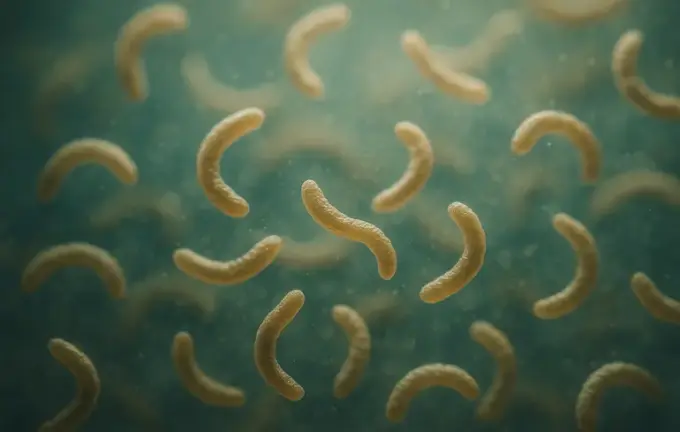Ancient bacteria unlock new possibilities for water toxin detoxification

Recent microbiological research is opening up promising avenues for harnessing some of the earliest forms of life to help purify our planet’s water sources.
A team of scientists from the University of Vienna has discovered that bacteria of the species Desulfurivibrio alkaliphilus possess the remarkable ability to break down harmful sulfides that accumulate in marshes and seabeds lacking oxygen.
These microorganisms, believed to originate from the earliest life forms on Earth, utilize a metabolism based on iron-sulfur reactions that predate the appearance of oxygen in Earth’s atmosphere.
This breakthrough significantly broadens the potential applications of bacteria in natural water purification processes.
The bacteria remove electrons from toxic sulfides and transfer them to iron compounds, resulting in the formation of solid, less-toxic materials such as siderite and magnetite.
While promising, these microorganisms are not a universal filter; their natural cycles require careful management, and scientists are working on developing algorithms to stabilize their populations for practical use.
Although current research is at the laboratory stage, future technological advancements may enable large-scale environmental applications.
Studying these bacteria offers new hope in reducing water pollution, lowering toxin levels, and restoring aquatic ecosystems worldwide, contributing to a cleaner, healthier planet.

